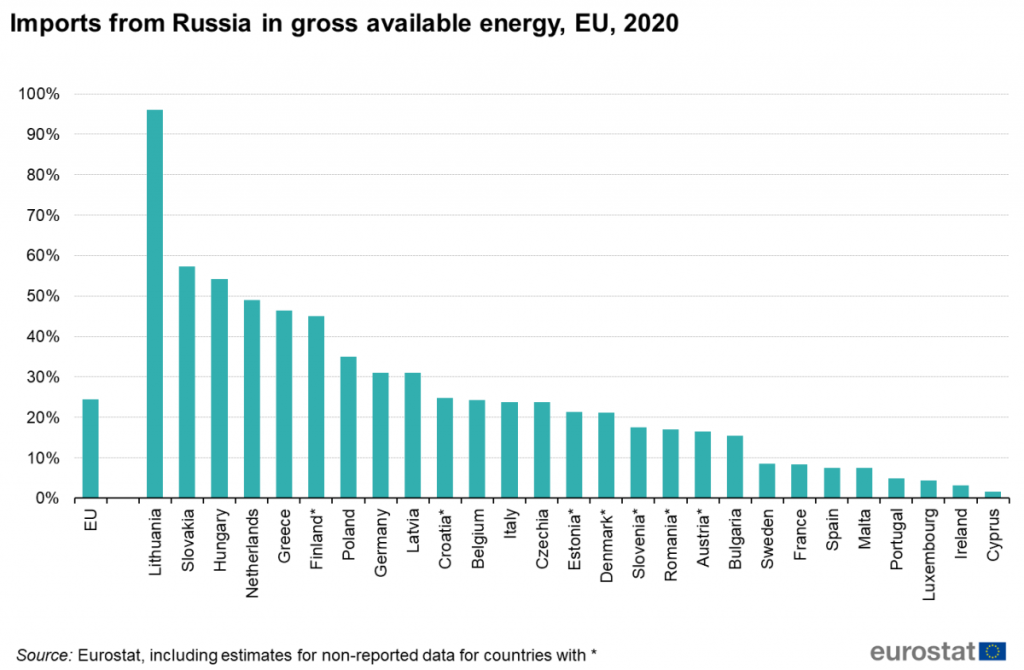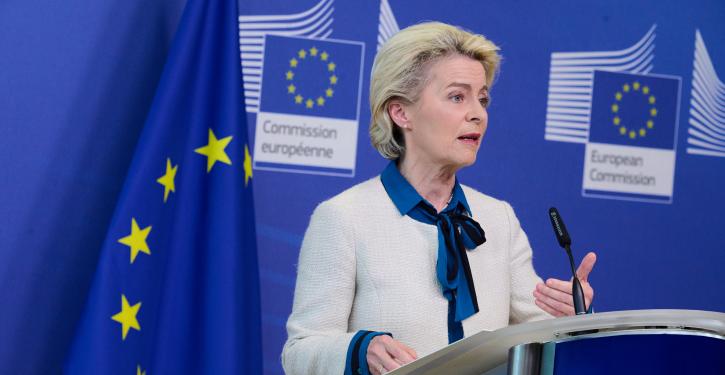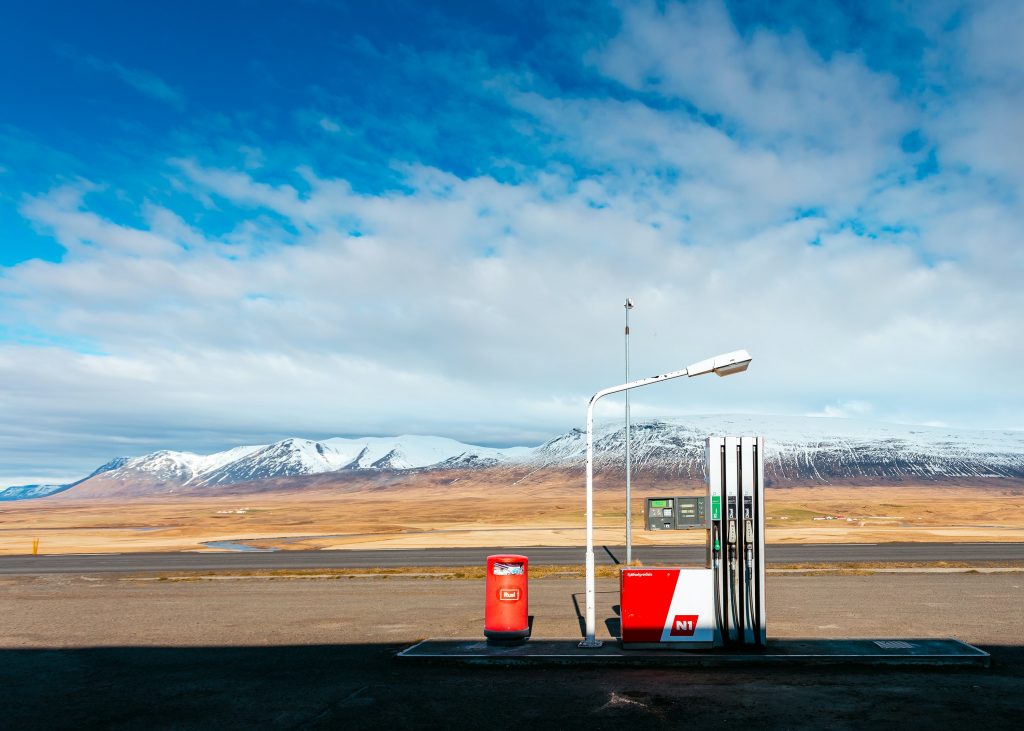Since its outbreak on February 24, the conflict between Ukraine and Russia has altered the political, social, and economic balance of the world and, above all, of Europe. At a geopolitical level one of the main hot topics is the energy question. Indeed, Russia is the main exporter of natural gas and crude oil to Europe. Eurostat reports that in 2020 25.7% of EU crude oil imports came from Russia, while for natural gas the share reached 46%. The strong role that Russia plays in the energy market gives the country an undoubted strategical and economic advantage (Europe pays nearly €100 billion a year for Russian fossil fuels).

In order to rapidly reduce energy dependence on Russia, the European Union presented the REPower EU Plan on May 18. The strategy is developed on three pillars.
1. Diversifying
The first step for the EU is to find alternative sources of supply from Russian fossil fuels. The European Union is currently strengthening or creating agreements with various partners, like Canada, the US, the Gulf countries, Australia, Azerbaijan and others. The key vehicle for the diversification of gas supplies will be the EU energy platform. This mechanism can be used to coordinate supply and demand, to organize storage and transmission infrastructure and, in general, to facilitate negotiation for purchases of gas, Liquid Natural Gas and hydrogen.
2. Saving
Reducing energy consumption is a rapid and effective way to reduce dependence on Russia. On the one hand, targeted information will sensitize citizens to apply simple actions to reduce energy waste. Some examples can be reducing heating and air conditioning systems, using public transport and using domestic appliances more efficiently. Economic incentives will also be applied, such as reduced VAT rates for high efficiency heating systems and for insulation in buildings.
Part of the initiatives will concern the industrial sector: the key factors will be the electrification of the industry, the transition to hydrogen-based production processes, the promotion of energy efficiency and fuel substitution.

3. Accelerating clean energy
The energy transition will be further accelerated through new measures. Authorization procedures for renewable energies will be speeded up by identifying ‘go to’ areas that are particularly suitable for renewables, while minimising potential risks to the environment.
Many expectations are placed on the EU solar energy strategy, which aims to add 320 GW of newly installed photovoltaic capacity by 2025, reaching double the current photovoltaic capacity. To achieve this goal, many strategies will be implemented. A European Solar Rooftop Initiative, which will be legally binding on some buildings, will boost the installation of solar panels on rooftops; a European skills partnership will be used to form skilled workforce to produce, install and maintain these panels; and an EU Solar Industry Alliance will support the EU industry in expanding the domestic production of PV panels.
Hydrogen will also play an important role in the energy transition. The EU plans to reach a target of 10 million tonnes of domestic renewable hydrogen production and a target of 10 million tonnes of renewable hydrogen imports by 2030. Hydrogen could be a promising alternative to natural gas, coal and oil, especially in the industrial and transportation sectors.
Investments for the REPower EU Plan amount to 300 billion euros and the goals should be reached by the end of the decade. The objectives proposed by the EU are certainly ambitious. At the same time, the stakes are very high. Given the uncertainty we are experiencing due to both climate change and the current conflict between Russia and Ukraine, an energy revolution is needed as soon as possible. Whether we will be able to make it happen remains to be seen.
Article by Sofia Mazzon.



